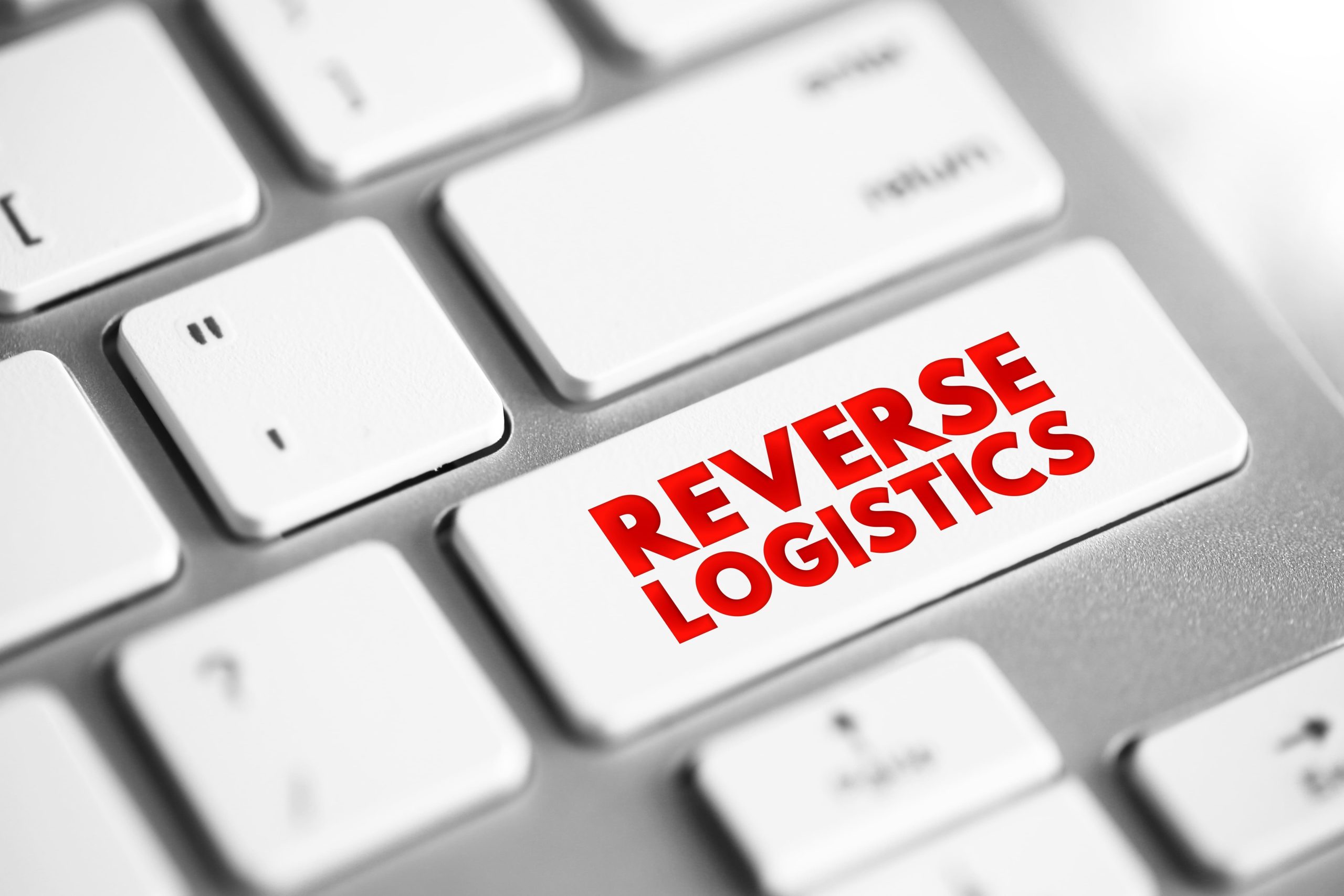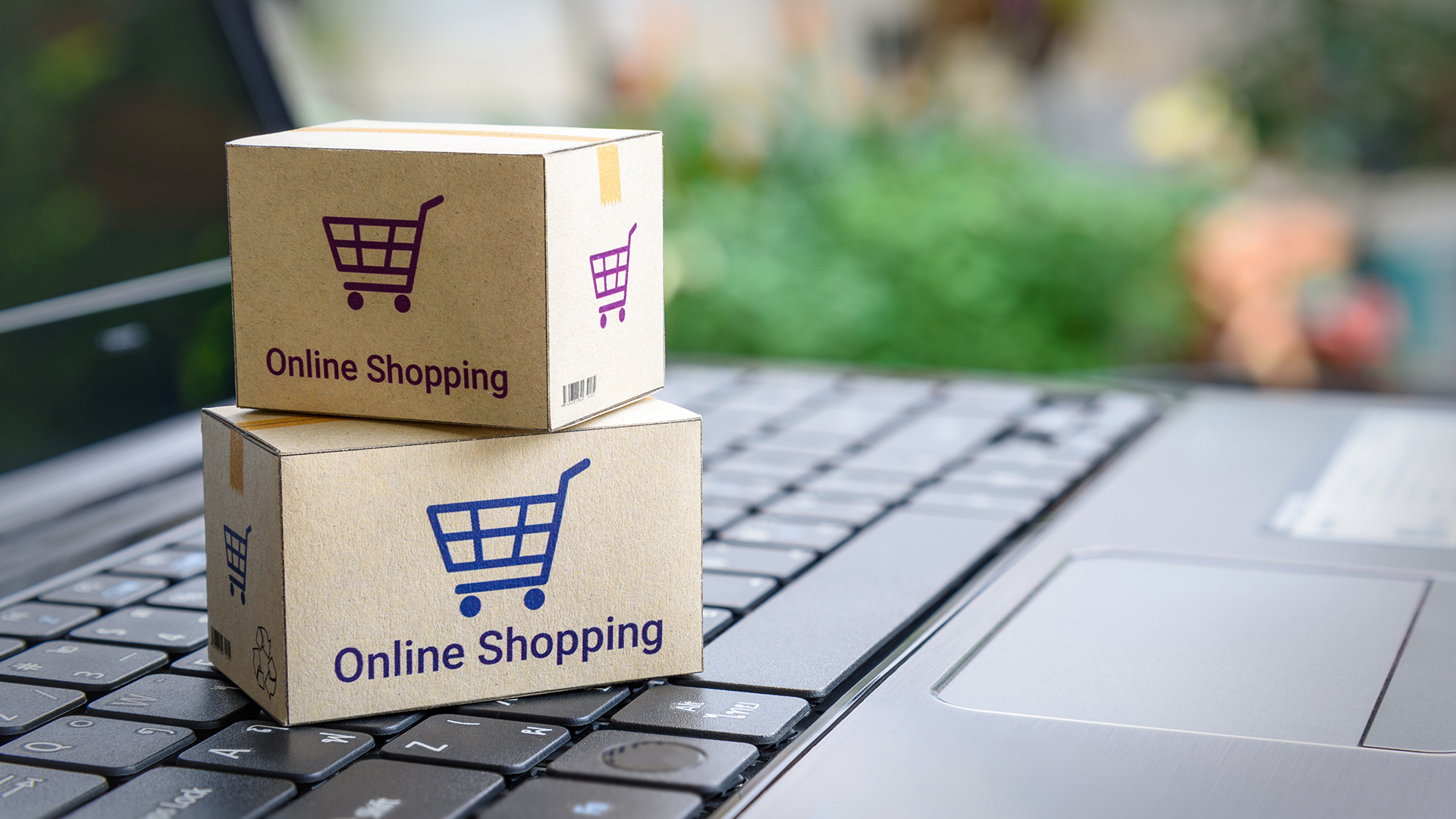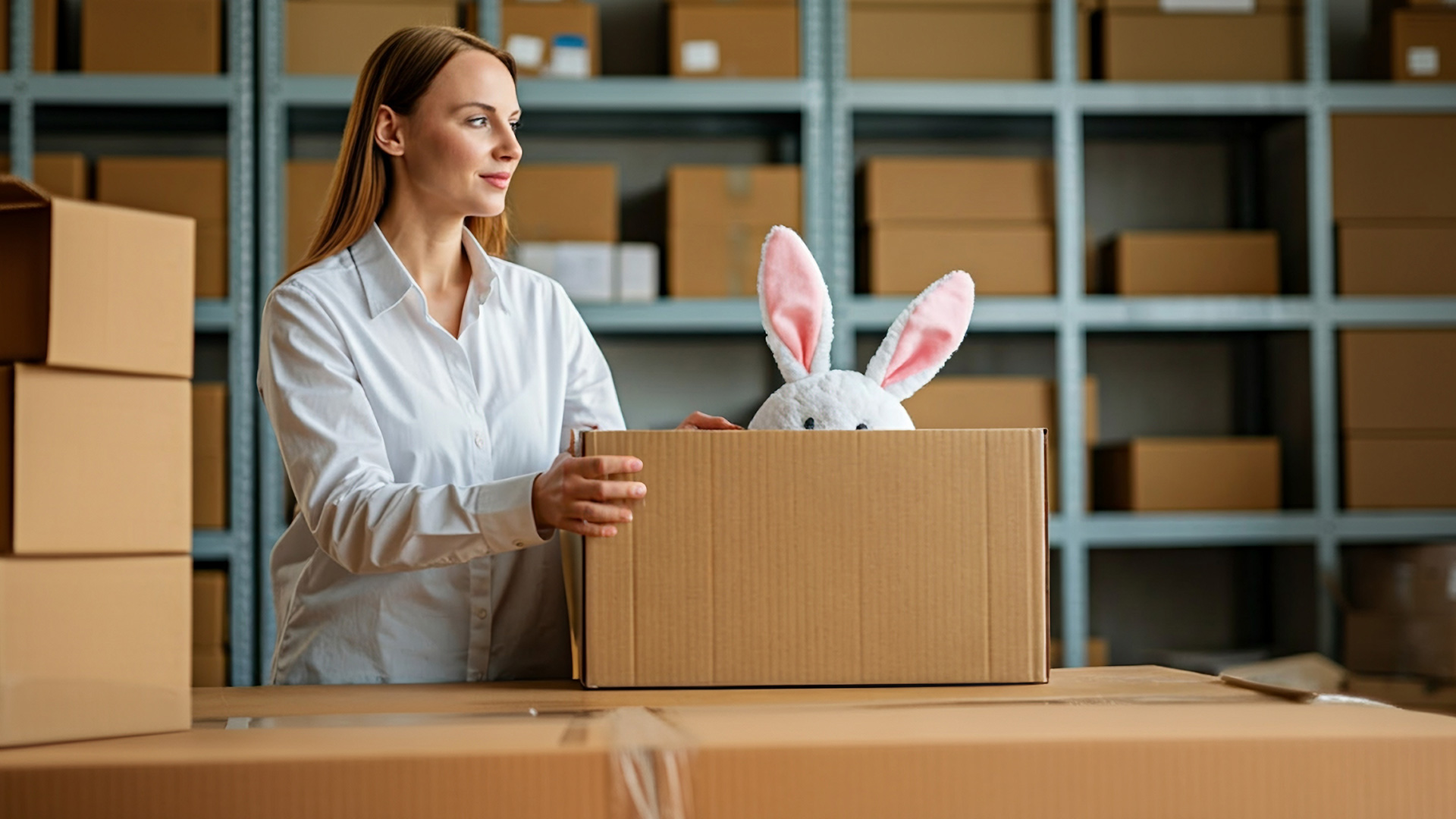Understanding Reverse Logistics: A Critical Component of Modern Supply Chains
- 15 August 2024
- 6 min to read
- 1027 views

According to statistics, about 20% of goods purchased online are returned to a retailer or online store.
Therefore, to say that your logistics is truly efficient, it must not only deliver goods to customers well, but also be able to manage what comes back.
This process, known as reverse logistics, involves the flow of goods from the customer back to the seller or manufacturer. Whether it involves returns, repairs, recycling, or disposal, it is a critical component of supply chain management.
Why Reverse Logistics Matters
Reverse logistics can significantly impact a company's bottom line. Efficiently managing returns and exchanges can enhance customer satisfaction, reduce costs, and even contribute to sustainability goals. For instance, companies that excel in this logistics can recover up to 12% of their annual sales value from returned products.
Moreover, it helps businesses manage product life cycles more effectively, reducing waste and promoting recycling initiatives. This not only saves costs but also aligns with growing consumer demand for environmentally responsible practices.
Key Components of Reverse Logistics
- Product Returns: Handling customer returns efficiently is essential for maintaining customer trust and loyalty. An easy return process encourages repeat business.
- Repair and Refurbishment: Products that are returned can often be repaired, refurbished, and resold. This extends the life of the product and minimizes waste.
- Recycling and Disposal: Companies must also manage the recycling or disposal of products at the end of their life cycle. This is increasingly important in industries with strict environmental regulations.
- Asset Recovery: It isn't just about dealing with returned items; it also involves recovering value from them, whether through resale, recycling, or refurbishing.
Challenges in Reverse Logistics
Reverse logistics presents a unique set of challenges compared to traditional forward logistics. One major challenge is the unpredictability of returns, which can make it difficult for companies to plan and allocate resources effectively. Unlike the consistent flow of outgoing products, returns can vary significantly in volume, condition, and timing. This unpredictability complicates inventory management, often leading to either excess stock or shortages. Additionally, the process of inspecting, sorting, and processing returned items is labor-intensive and costly, requiring specialized systems and skilled personnel to handle the diverse range of returned products.
Another significant challenge is the cost associated with transportation and handling. Unlike forward logistics, where routes and processes are streamlined for efficiency, reverse logistics involves complex and often less efficient routes, as products are returned from multiple locations. This complexity increases transportation costs, especially when dealing with international returns or products that require special handling. Moreover, the environmental impact of these additional logistics operations is a growing concern, as companies strive to balance cost efficiency with sustainability goals. To address these challenges, businesses need to invest in advanced technology, develop robust return policies, and continuously optimize their reverse logistics strategies.
Conclusions
Implementing an effective reverse logistics strategy can lead to significant cost savings, improved customer satisfaction and increased sustainability. As business continues to grow, reverse logistics will only grow.
To learn more about how reverse logistics can benefit your business, contact us through this page.




